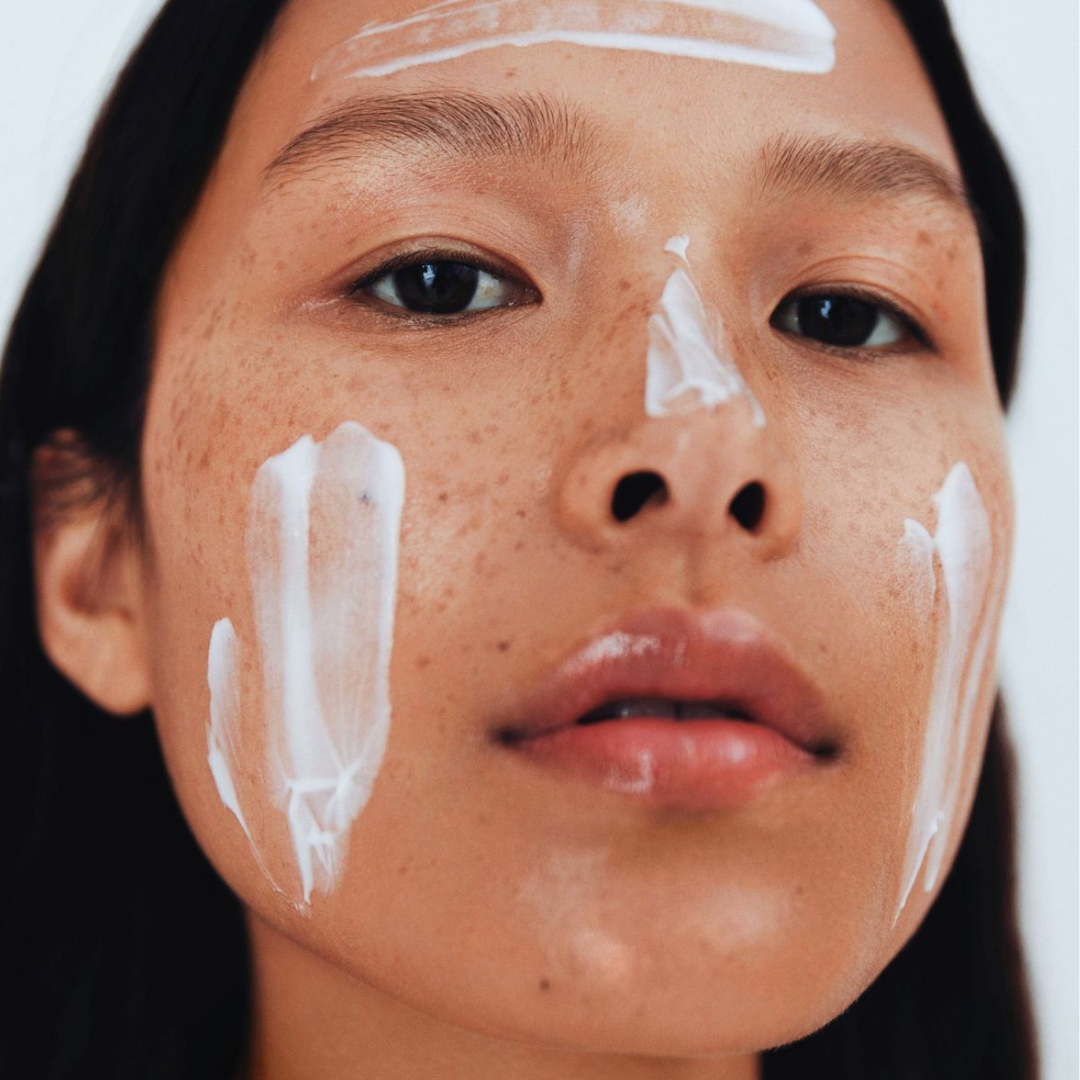
What are the solutions for treating hormonal acne?
Share
Hormonal acne is a type of acne that mainly affects adults, particularly women, and is often linked to hormonal fluctuations. It is characterized by the appearance of pimples, subcutaneous cysts and inflamed areas, usually on the chin, jawline and lower face. Unlike teenage acne, it often persists beyond the age of 25, and requires specific solutions to be effectively treated.
Understanding hormonal acne
Before seeking to treat hormonal acne, it's essential to understand its main cause: androgen hormones. These hormones stimulate the sebaceous glands, increasing sebum production and encouraging the appearance of pimples and blackheads. Hormonal variations linked to the menstrual cycle, pregnancy, menopause or certain hormonal imbalances can accentuate outbreaks.
Adopt an adapted care routine
The choice of cosmetic care is crucial in limiting the aggravation of hormonal acne. It is recommended to use :
-
A gentle, purifying, non-comedogenic cleanser that eliminates sebum without drying the skin,salicylic acid is your best ally!
-
A salicylic acid-based toner or lotion to unclog pores,
-
Targeted creams or gels containing benzoyl peroxide, retinol or niacinamideeffective against inflammation and imperfections.
It's important to avoid overly aggressive skin care products, which can stimulate sebum production and aggravate flare-ups.
Hormonal treatments
For some women, hormonal acne can be treated with hormonal therapies prescribed by a dermatologist or gynecologist. Common solutions include:
-
Combined oral contraceptives, which regulate the hormonal cycle and reduce sebum production,
-
Anti-androgens such as spironolactone, which block the effect of androgens on the skin.
These treatments require medical supervision, as they can have side effects and must be adapted to each individual hormonal profile.
Adopt a healthy lifestyle
A healthy lifestyle can significantly reduce the intensity of hormonal acne. This includes:
-
A balanced diet, rich in fruit, vegetables, omega-3s and zinc, while limiting fast sugars and ultra-processed products,
-
Sufficient hydration to maintain the skin barrier,
-
Regular sleep and stress management, which influences the production of cortisol, a hormone that can trigger flare-ups.
These measures do not replace drug treatments, but are an effective complement to a care routine.
Specific dermatological treatments
In some cases, professional treatments are necessary. These include:
-
Light chemical peels to unclog pores and stimulate cell renewal,
-
Laser or pulsed-light treatments to reduce inflammation and minimize scarring,
-
Professional blackhead removal, performed by a dermatologist, to avoid infections and marks.
These solutions are particularly useful for acne that is severe or resistant to home care.
Conclusion: a combined approach for better results
Treatinghormonal acne requires a global approach combining :
-
An adapted, gentle yet effective skincare routine,
-
Hormonal or dermatological treatments when necessary,
-
A healthy lifestyle to support the skin from within.
With this strategy, it's possible to significantly reduce imperfections, prevent scarring and regain clearer, more balanced skin. The key is consistency, patience and follow-up by a healthcare professional.
